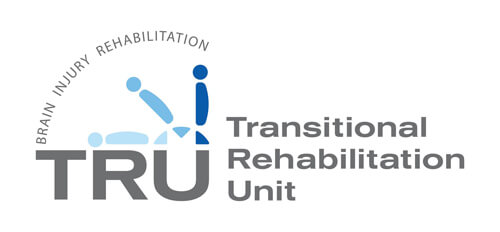Frequently Asked Questions
Why is TRU different from other rehabilitation providers in the United Kingdom?
TRU provides rehabilitation in a real life setting– this means each client’s programme is integrated into the community as much as possible. Individual treatment plans empower clients to live outside and beyond rehabilitation – by supporting them to learn the skills to live as independently as possible
What types of rehabilitation does TRU provide?
Rehabilitation is provided in residential units, community housing, day vocational placements, and in a client’s current residence.
How long does rehabilitation last?
This varies, depending on the needs and resources of each client. The average residential rehabilitation stay at TRU is 18-24 months.
Does TRU cater for long term needs?
Yes, some places at our residential units are reserved for clients with long term needs. TRU also provides support to clients with such needs, living in their own homes.
Does TRU admit people with complex needs?
Yes, a client may be admitted following a stroke or with other conditions requiring intensive therapy. However, one of the conditions for admission is that a client is medically stable. This simply means the person does not require continuous nursing intervention/supervision.
Can clients bring their own TV or other personal belongings with them?
Yes, clients are encouraged to personalise their bedrooms with their own belongings in residential units. In community properties, clients can furnish their flat/residence to their own taste.
Are clients able to go on home visits/holidays during rehabilitation?
Yes, provided that any challenges are risk-assessed and managed appropriately.
Who pays for rehabilitation?
Some clients are funded privately, through compensation claims. Others are funded via NHS Clinical Commissioning Groups and/or Local Authorities.
